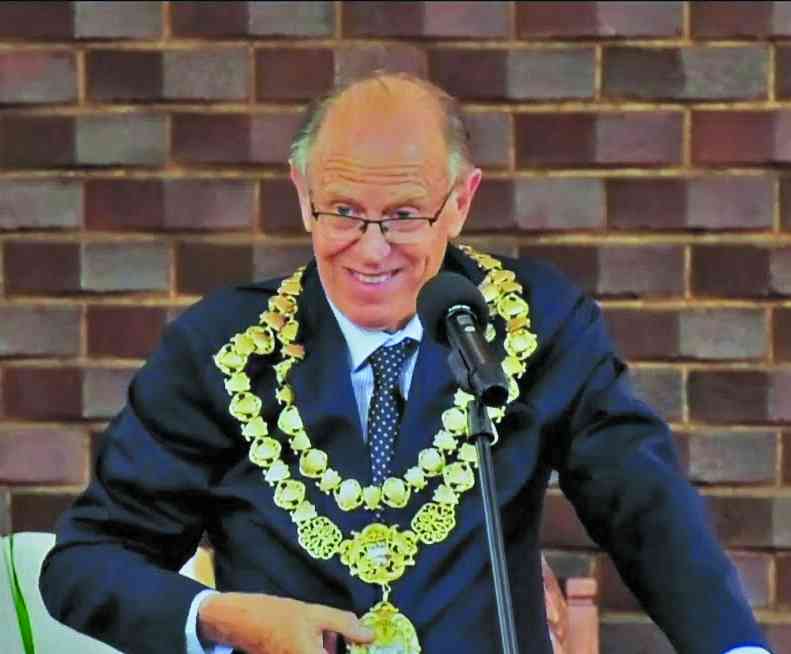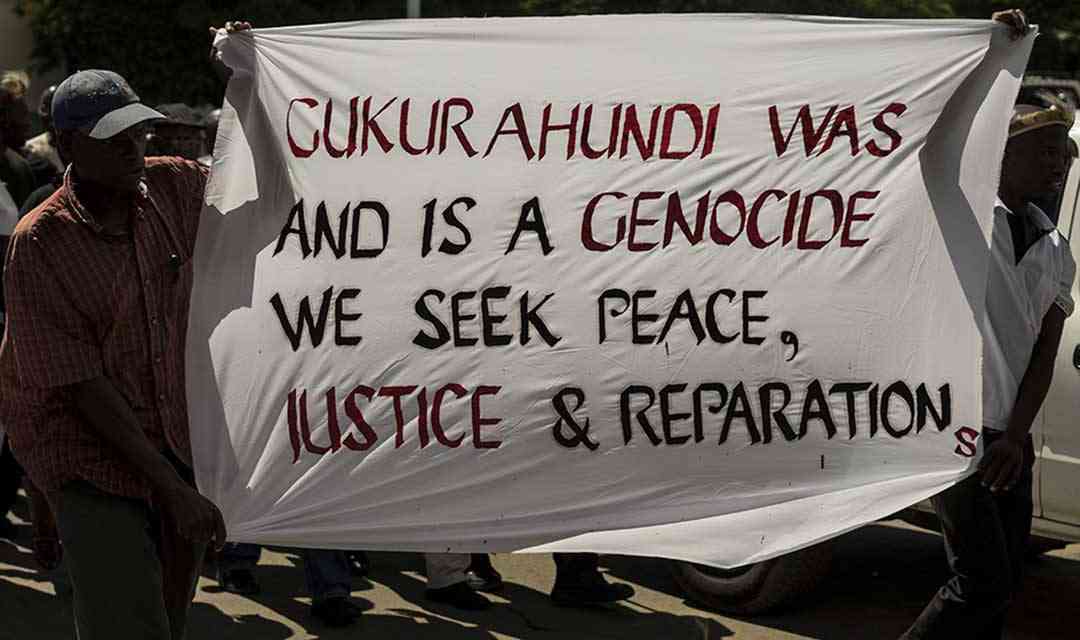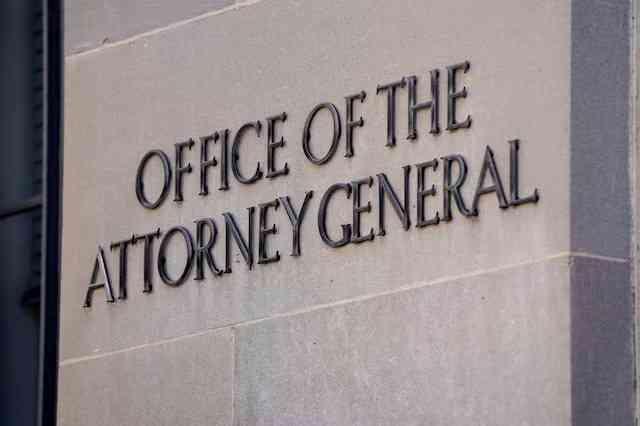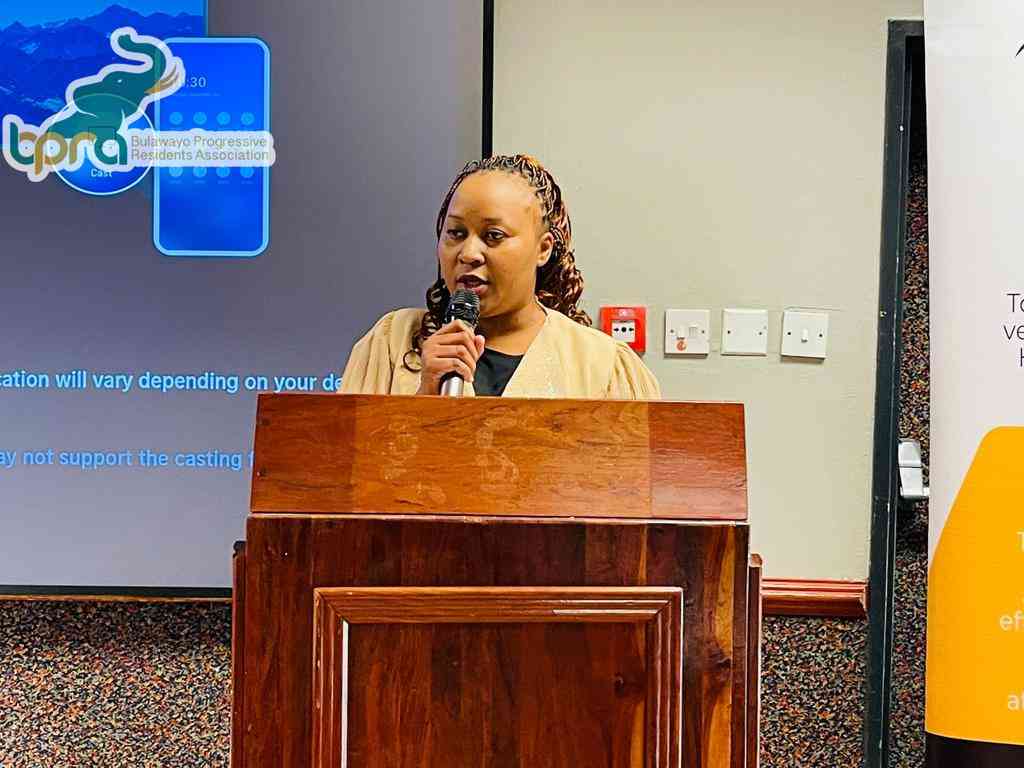
BULAWAYO mayor David Coltart has engaged the Local Government ministry over the dire water situation in the city as residents spend days without the precious liquid.
Bulawayo City Council (BCC) is yet again pinning hopes on the government declaring the city’s water woes a national emergency to address current shortages.
According to city fathers, declaring the city a water crisis area will allow the council to independently mobilise resources needed for water provision projects.
Government last year responded to a BCC request to declare the city a water crisis area by appointing a technical committee to oversee a 100-day action plan to ease the crisis.
However, the water crisis has spilled to 2024.
Posting on his social media platform X, Coltart said together with council officials, explained to Local Government minister Winston Chitando, the dire water challenges facing residents.
“I explained that our dams are very low and we have had minimal runoff,” Coltart posted.
“The recent hot, dry spell has stopped all our rivers from flowing. The meteorological forecasts are also grim.”
- Uproar over census figures
- Byo Arts Festival in turmoil…One year later, festival has yet to pay artists…Organisers play cat and mouse with artists
- Bulawayo struggles to clear housing backlog
- Council acts tough on debts
Keep Reading
Coltart said council was pinning its hopes to the rehabilitation of the Nyamandlovu aquifer pumps, the upgrading of Umzingwane pump station and a new by-pass pipeline from Mtshabezi Dam to the Umzingwane pump station as interim interventions.
“These measures, if implemented, will reduce the severity of the water crisis,” said Coltart.
“In the medium term I explained the need to construct Glassblock Dam, build a pipeline from Glassblock to the Ncema water treatment plant and to expand the Tuli reservoir.”
According to council, Glassblock Dam has the potential to supply 70% of the water requirements of the city.”
In 2020, BCC wrote to the Local Government ministry requesting that the city be declared a water shortage area.
In response, the government hired consultants to study the water situation.
In their analysis, the consultants blamed the council for lacking technical know-how of drawing water from depleted dams.
No dam has been constructed for Bulawayo since 1975.
Bulawayo water supply dams were constructed by the colonial regime.
Lower Ncema was built in 1943 and Upper Ncema 1974, Inyankuni (1965), Umzingwane (1956) and Insiza (1975).
The construction of the Gwayi-Shangani Dam is seen as a lasting solution to the city’s water woes.









